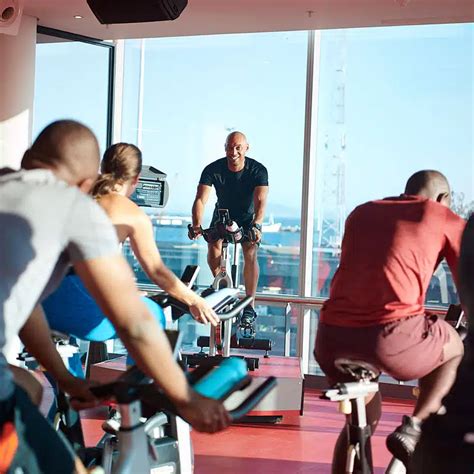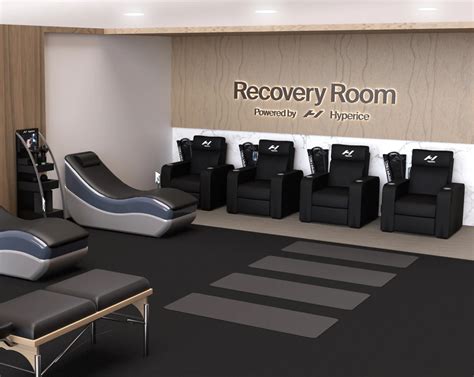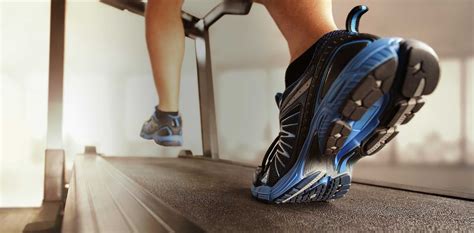Maximize recovery for consistent peak workout performance?

The Unsung Hero: Why Recovery Fuels Performance
In the relentless pursuit of fitness goals, many tend to focus almost exclusively on the intensity and volume of their workouts. However, the true secret to unlocking consistent peak performance doesn’t lie solely in how hard you train, but rather how effectively you recover. Optimal recovery isn’t merely a break; it’s an active, essential phase where your body repairs, adapts, and grows stronger, preparing itself for the next challenge. Neglecting recovery is a fast track to diminishing returns, plateaus, injury, and burnout.
Pillars of Physiological Recovery: Sleep, Nutrition, and Hydration
These three elements form the bedrock of effective physiological recovery. Without them, even the most dedicated training regimen will falter.
- Sleep: Far more than just rest, sleep is when your body undertakes critical repair processes. Deep sleep (NREM) is vital for physical restoration, growth hormone release, and muscle tissue repair. REM sleep, on the other hand, is crucial for cognitive function and mental restoration. Aim for 7-9 hours of quality sleep per night.
- Nutrition: Post-workout nutrition is non-negotiable. Consuming a balanced mix of protein and carbohydrates helps replenish glycogen stores, repair muscle fibers, and reduce muscle protein breakdown. Adequate intake of micronutrients, especially vitamins and minerals, also plays a critical role in various recovery processes and overall health.
- Hydration: Sweat loss during intense workouts can lead to dehydration, impacting performance, recovery, and cognitive function. Rehydrating with water and electrolytes is essential to restore fluid balance, aid nutrient transport, and maintain bodily functions.

Active Recovery and Mobility Work
While rest is vital, complete inactivity isn’t always the best approach. Active recovery involves low-intensity movement that promotes blood flow without adding significant stress to the body. Activities like light cycling, swimming, or walking can help flush out metabolic waste products, reduce muscle soreness, and improve nutrient delivery to tired muscles.
Mobility work, including stretching, foam rolling, and dynamic movements, enhances flexibility, range of motion, and reduces muscle stiffness. Regular mobility practice can prevent injuries, improve movement patterns, and accelerate recovery by releasing tight fascia and increasing circulation.

Stress Management and Mental Resilience
Recovery isn’t just physical; it’s profoundly mental. Chronic stress, whether from training, work, or personal life, can elevate cortisol levels, which can hinder recovery, increase inflammation, and even lead to muscle loss. Incorporating stress-reducing practices is paramount.
- Mindfulness & Meditation: Even short daily sessions can significantly reduce stress and improve mental clarity.
- Breathing Exercises: Controlled breathing can activate the parasympathetic nervous system, promoting relaxation and recovery.
- Leisure Activities: Engaging in hobbies or spending time in nature helps detach from stressors and recharge mentally.

Leveraging Recovery Tools and Techniques
Beyond the basics, several tools and techniques can further enhance your recovery process:
- Foam Rolling & Self-Myofascial Release: Helps release muscle knots and improve blood flow.
- Massage Therapy: Professional massages can alleviate muscle tension, improve circulation, and reduce soreness.
- Cold Therapy (Ice Baths, Cold Showers): Reduces inflammation and muscle soreness.
- Heat Therapy (Saunas, Hot Baths): Promotes relaxation and increases blood flow.

Embrace a Holistic Recovery Mindset
To consistently perform at your peak, recovery must be viewed as an integral part of your training, not an afterthought. It requires a holistic approach that addresses physical, mental, and emotional well-being. By prioritizing quality sleep, optimizing nutrition, staying hydrated, engaging in active recovery, managing stress, and utilizing beneficial recovery tools, you empower your body to adapt, rebuild, and continuously push its limits. Invest in your recovery, and watch your performance soar to new heights.








